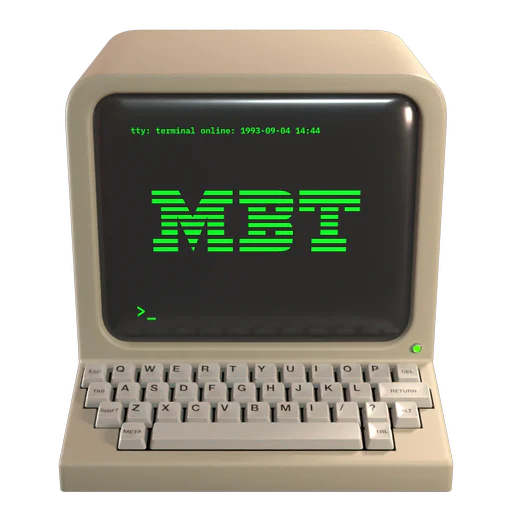Open, command Mac terminal:
Most Mac users will know that the open command in the Terminal will open files in the GUI or open a directory in Finder for example open . will open Finder in the current directory, this is useful, but there are a few more things it can do including opening in a specified application.
Here is the usage dump from the tool:
Usage: open [-e] [-t] [-f] [-W] [-R] [-n] [-g] [-h] [-s <partial SDK name>][-b <bundle identifier>] [-a <application>] [-u URL] [filenames] [--args arguments]
Help: Open opens files from a shell.
By default, opens each file using the default application for that file.
If the file is in the form of a URL, the file will be opened as a URL.
Options:
-a Opens with the specified application.
-b Opens with the specified application bundle identifier.
-e Opens with TextEdit.
-t Opens with default text editor.
-f Reads input from standard input and opens with TextEdit.
-F --fresh Launches the app fresh, that is, without restoring windows. Saved persistent state is lost, excluding Untitled documents.
-R, --reveal Selects in the Finder instead of opening.
-W, --wait-apps Blocks until the used applications are closed (even if they were already running).
--args All remaining arguments are passed in argv to the application's main() function instead of opened.
-n, --new Open a new instance of the application even if one is already running.
-j, --hide Launches the app hidden.
-g, --background Does not bring the application to the foreground.
-h, --header Searches header file locations for headers matching the given filenames, and opens them.
-s For -h, the SDK to use; if supplied, only SDKs whose names contain the argument value are searched.
Otherwise the highest versioned SDK in each platform is used.
-u, --url URL Open this URL, even if it matches exactly a filepath
-i, --stdin PATH Launches the application with stdin connected to PATH; defaults to /dev/null
-o, --stdout PATH Launches the application with /dev/stdout connected to PATH;
--stderr PATH Launches the application with /dev/stderr connected to PATH to
Examples:
View a MD file in Marked 2.app:
open -a Marked\ 2 markdown.md
Opens the file markdown.md in the Marked 2 application, note the escaped space.
Select a file in Finder
open -R <filename>
This will open the file called <filename> in the Mac Finder window and then select it.
Edit a text file in Textedit in the GUI
open -e <filename>
This one will open <filename>in the Textedit app, handy if you aren’t comfortable with Vim.
